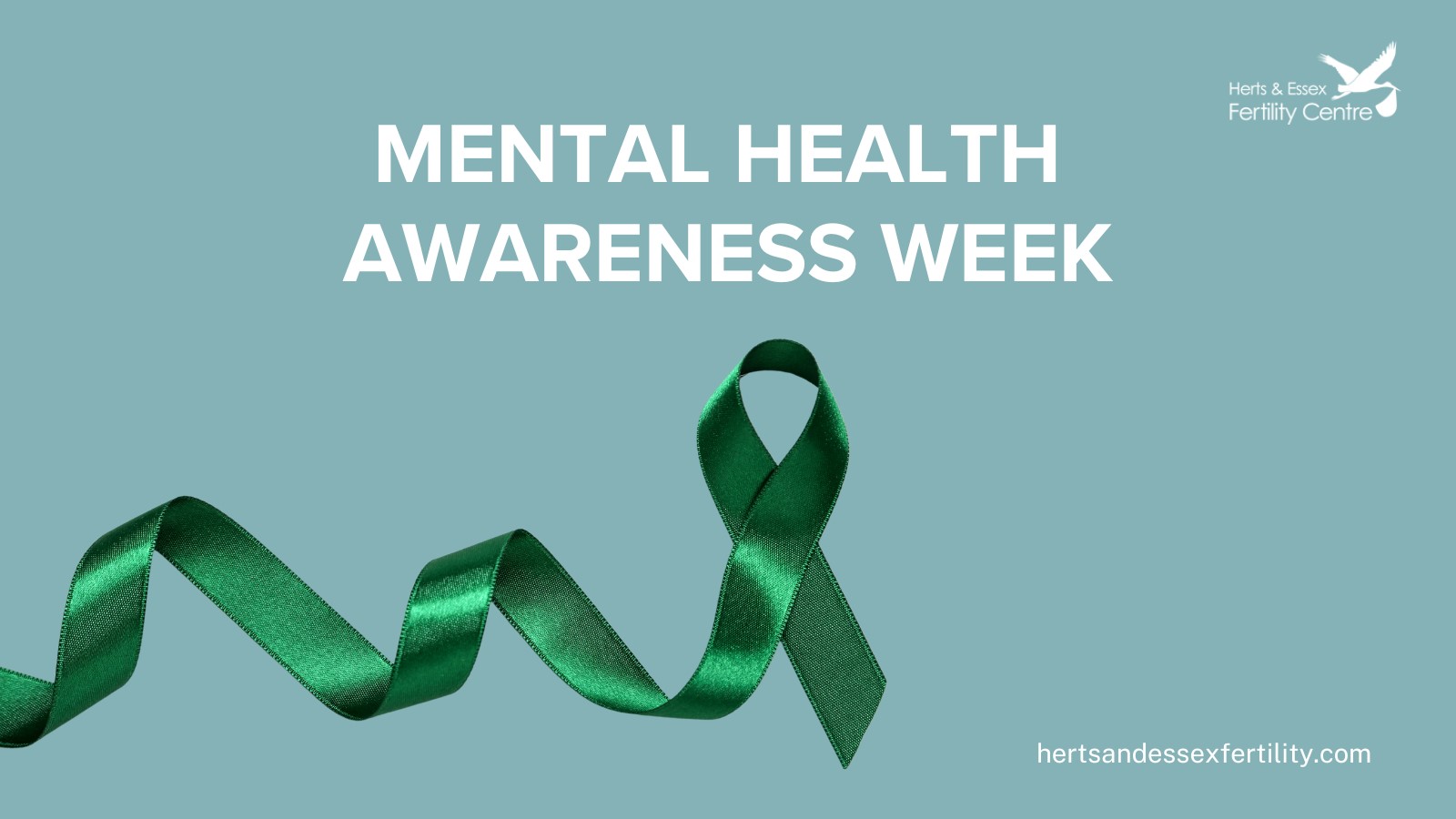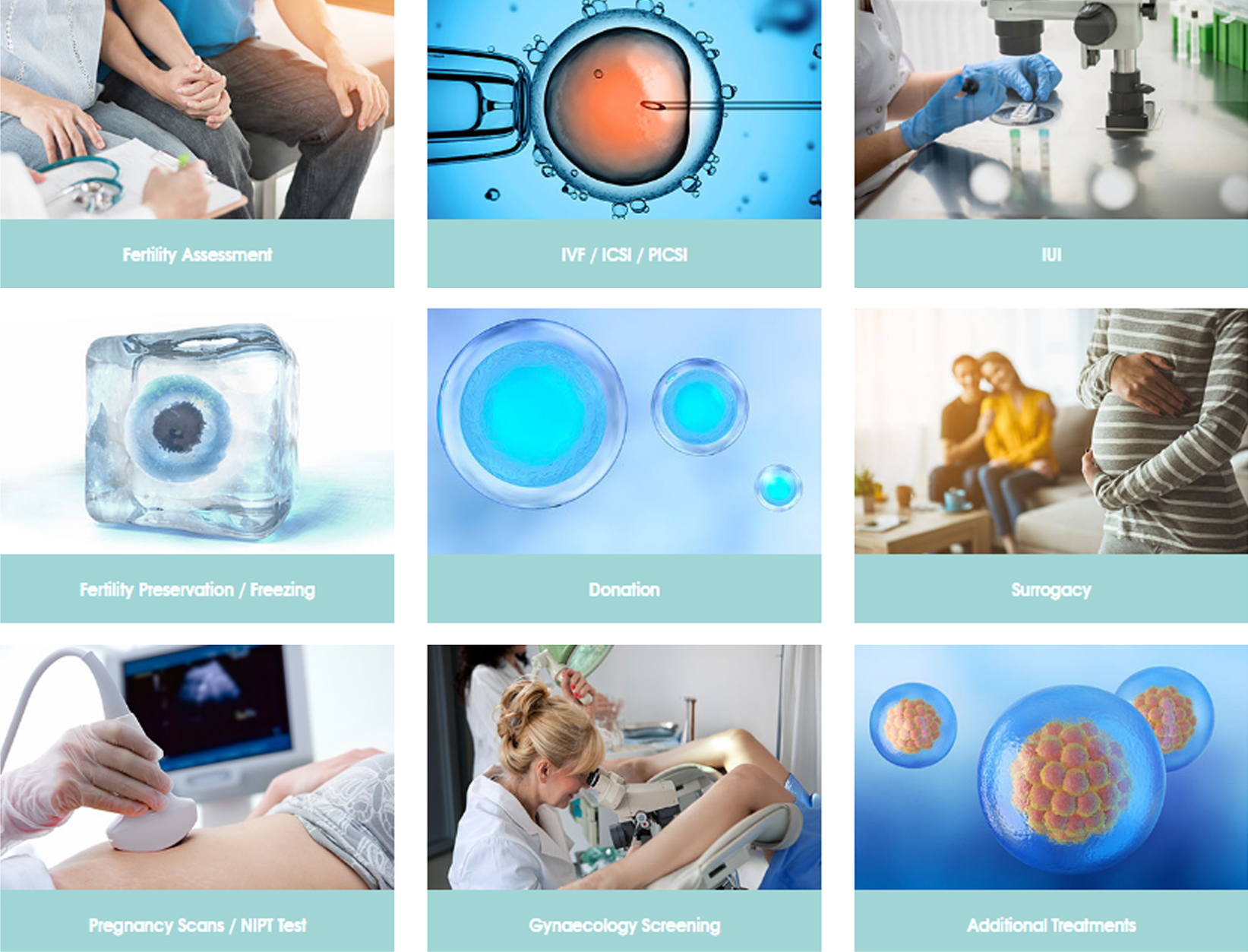13th May 2024
Fertility
Follow the latest news and developments in the world of fertility.
< View all our fertility news and posts


Counselling Q&A
– by Sandra Hewett, AMBICA, Fertility Counsellor
Q
We’re about to start an IVF cycle and I’m experiencing a lot of anxiety and emotions. Is this normal?
A
Yes, most people, especially women, will feel a range of emotions before and through fertility treatment. If you think about what you’re doing this for, and the journey you have had to reach this point, it’s natural to feel anxious, possibly grieving. IVF is full of uncertainty. How challenging this will be, will depend on that journey, your tendency to be anxious generally and other stressful things currently going on for you.
Q
My partner says I should be more positive, is he right?
A
It is good to be hopeful as you go through fertility treatment but that can easily be challenged when you don’t get the results you want. It is common for men to ‘just be positive’ and it’s hard when they don’t understand or get frustrated when their female partner is anxious and upset. It also means they can get frustrated, possibly angry, when a cycle doesn’t result in a pregnancy. Positive thinking is a bit of a trend, but it’s at one end of the spectrum of thought; you can’t think yourself pregnant. And being told to ‘be more positive’ is dismissing the grief and fear that is natural through fertility treatment. It’s better if both of you can think this might work, or could work, while both of you acknowledge the emotions you have.
Q
We don’t want to tell all our friends we are going to have IVF but now I’m avoiding them, which leaves us feeling isolated. What’s the best thing to do? Also, two of my best friends have just announced they are pregnant.
A
Navigating your circle of family and friends is incredibly difficult. Some people are very open about IVF and others tell no one. Some partnerships will differ on what each one wants. Before you tell anyone you need to think ahead; are they generally empathic? Will they keep your confidence? Start by putting together a small team based on the support you think they can give you. It isn’t necessarily your mum – we often protect others from our upsets. This might be a mix of people who you see and other who live a distance away. As your journey progresses you might tell more people; and you might also get support from social media and groups like Fertility Network.
And pregnancy announcements – they are so difficult to hear. You know you don’t resent your friends but accept that this news will probably be very upsetting. Perhaps you can explain this to them, and maybe you need to have some space from pregnant friends and new babies. Hopefully the friendship will last beyond this moment.
Q
I don’t know whether to tell my work that I am going to have IVF. Do I have to?
A
No you don’t have to tell anyone in your workplace, but fertility treatment demands a lot of appointments and recovery time. If you have a negative result or a pregnancy loss it’s difficult to put on a brave face at work. In the ideal world you could tell the appropriate person (HR, line manager, department head) and they would allow you time off (and that’s what should happen). But not everyone wants their bosses to know that they are trying to get pregnant, and a lot of people get through it on a mix of flexible hours, sick leave and annual leave. However, if you think you could tell your employer without repercussions it is best to do so, and sometimes they turn out to be incredibly supportive.
Q
I feel totally out of control with this process and it’s scary.
A
Yes, that’s a common feeling; after all, you have such uncertainty. We often convince ourselves though that when we achieve things in life it’s because they are in our control, but it’s not always the case. We can put in effort and planning but things don’t always go smoothly. With IVF think about choices rather than control: you have chosen medical intervention rather than do nothing; you can discuss your protocols, procedures and timings; you can choose your lifestyle to help give you better chances. And you can, with help, influence your outlook and thoughts about the process.
Q
How can I control my anxieties?
A
Ah, the C word again… control. Acceptance is a big part of managing your mental health, and that includes accepting you will feel anxious at times. Anxiety is a normal part of life, it’s just that we don’t want to live with high anxiety all the time. When you get anxious take some time out; take some breaths (in for 4, hold for 2, out for 6); what are the thoughts that are worrying you? Write them down, challenge them (a thought isn’t a fact) and then reframe – find a more balanced thought. Practice mindfulness or meditation. Your counsellor can help you develop these skills.
Q
How does counselling work?
A
Counsellors can work in different ways, but essentially counselling allows you to talk about your experience, feelings and thoughts through a dialogue with someone who empathises and is non-judgemental. A fertility counsellor is specialised in this field and sees hundreds of clients in this situation every year. Becoming aware of and untangling emotions helps you to cope with them. Gaining acceptance of the uncertainty might help. Counselling also offers the chance to talk through decisions, examine negative thinking and find strategies for managing strong and sometimes confusing feelings.
Q
What counselling is available at Herts & Essex?
A
Your clinic has a number of counsellors and they support you through this process through online sessions. Support counselling is for anyone going through any type of fertility treatment if they need to talk about the challenges they experience – anxiety and stress, grief and loss. You can find out from the clinic how many sessions they will support you with and give you counsellor details who you can contact.
Q
What type of counselling do I need if I am having donor treatment?
A
If you are undergoing donor conception treatment and/or surrogacy you will be required to have implications counselling. This is in part an opportunity for you to reflect on your journey so far; there may be losses and a transition to losing your genetic connection to the child you might have. For solo women and same sex couples it is useful to reflect on how families of difference can impact on you, your child and others around you. We also discuss the needs and legal rights of donor conceived children and how you can tell them about their conception. It could take you through the next 19 years of your life!
Q
I’m pregnant and delighted to be but I’m really anxious. Can I still get counselling?
A
Counselling is available to all patients embarking on fertility treatment with Herts & Essex Fertility Centre, including when you are pregnant. Please check with the clinic how many sessions you have available.
© Sandra Hewett 2024






